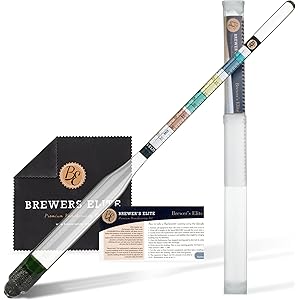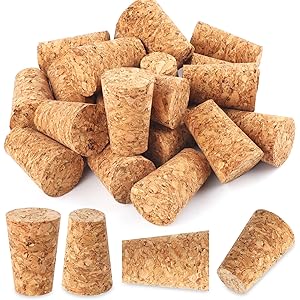Understanding Yeast Composition
Yeast is a fascinating microorganism that plays a crucial role in various fermentation processes. Primarily, yeast is composed of single-celled fungi that thrive in environments rich in sugars. The most common type of yeast used in baking and brewing is Saccharomyces cerevisiae, which is known for its ability to ferment sugars into alcohol and carbon dioxide. This unique characteristic makes yeast an essential ingredient in the production of bread, beer, and wine.
Cell Structure of Yeast
The cell structure of yeast is complex and consists of a cell wall, cell membrane, cytoplasm, and nucleus. The cell wall is primarily made of chitin, a polysaccharide that provides structural support and protection. Beneath the cell wall, the cell membrane regulates the movement of substances in and out of the cell. The cytoplasm contains various organelles, including mitochondria, which are responsible for energy production through cellular respiration. The nucleus houses the genetic material, allowing yeast to reproduce and adapt to its environment.
Macronutrients in Yeast
Yeast is rich in macronutrients, including carbohydrates, proteins, and fats. Carbohydrates serve as the primary energy source for yeast cells, while proteins are essential for growth and metabolism. Yeast contains a significant amount of amino acids, which are the building blocks of proteins. Additionally, yeast has a small amount of lipids, which are important for maintaining cell membrane integrity and function.
Vitamins and Minerals in Yeast
In addition to macronutrients, yeast is a valuable source of vitamins and minerals. It is particularly high in B vitamins, such as B1 (thiamine), B2 (riboflavin), B3 (niacin), B5 (pantothenic acid), B6 (pyridoxine), B7 (biotin), B9 (folate), and B12 (cobalamin). These vitamins play vital roles in energy metabolism, red blood cell production, and overall health. Yeast also contains essential minerals like selenium, zinc, and magnesium, which contribute to various biochemical processes in the body.
Role of Water in Yeast
Water is a critical component of yeast composition, as it is necessary for the metabolic processes that occur within yeast cells. Yeast cells require a moist environment to activate and begin fermentation. The presence of water allows yeast to absorb nutrients and carry out essential functions, such as respiration and reproduction. Without adequate moisture, yeast cells become dormant and inactive, halting fermentation processes.
Get more content like this!
Sign up to receive updates and new terms first hand.
Fermentation Process and Yeast Metabolism
The fermentation process is where yeast truly showcases its unique composition. During fermentation, yeast metabolizes sugars through glycolysis, converting them into ethanol and carbon dioxide. This anaerobic process occurs in the absence of oxygen and is vital for producing alcoholic beverages and leavening bread. The metabolic pathways of yeast are complex, involving various enzymes that facilitate the breakdown of sugars and the production of byproducts.
Yeast Strains and Their Composition
Different strains of yeast exhibit variations in their composition and fermentation capabilities. For instance, baker’s yeast is specifically cultivated for its rapid fermentation properties, while brewer’s yeast is selected for its ability to produce specific flavors and aromas in beer. Each strain has unique genetic traits that influence its metabolic processes, making it suitable for various applications in food and beverage production.
Yeast in Nutritional Supplements
Nutritional yeast, a deactivated form of yeast, is often used as a dietary supplement due to its rich nutrient profile. It is a complete protein source, containing all nine essential amino acids, making it an excellent choice for vegetarians and vegans. Nutritional yeast is also fortified with additional B vitamins, enhancing its health benefits. Its cheesy flavor makes it a popular ingredient in various dishes, providing both taste and nutrition.
Health Benefits of Yeast
The composition of yeast contributes to several health benefits. Its high B vitamin content supports energy production and metabolism, while its protein content aids in muscle repair and growth. Additionally, the presence of beta-glucans in yeast can enhance the immune system, promoting overall health. Regular consumption of yeast, whether through food or supplements, can contribute to a balanced diet and improved well-being.




